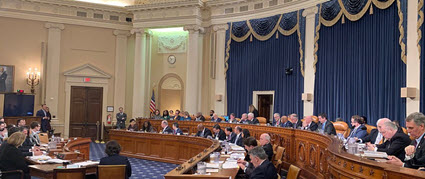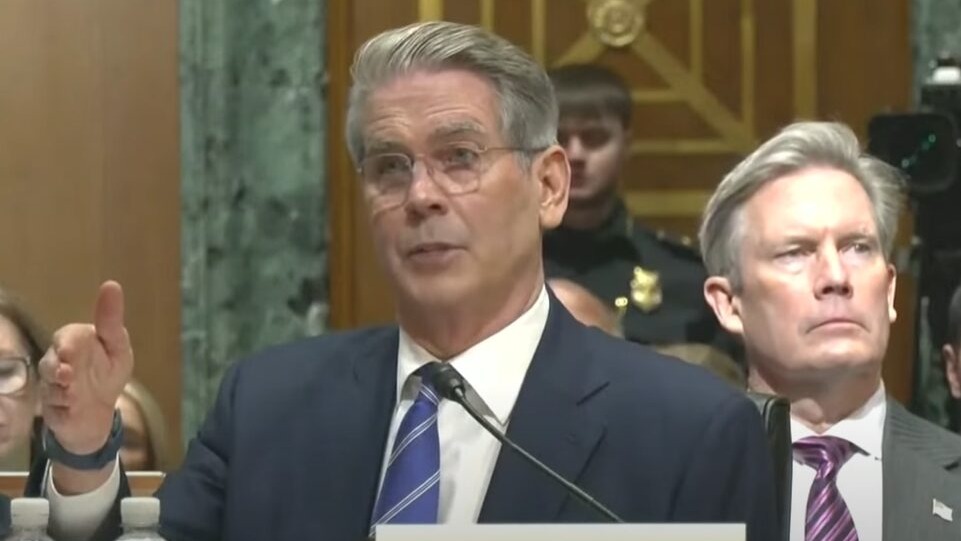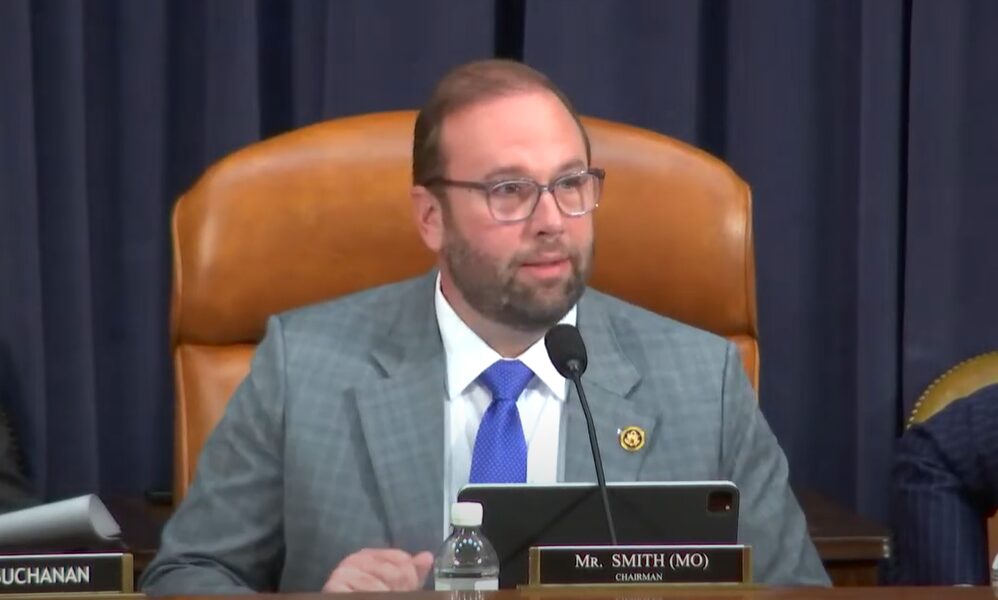
House Republicans’ effort to pass a massive tax and fiscal package received a jolt of momentum this week after a cliffhanger vote on the House floor Tuesday night. Passed by a narrow vote of 217-215, the House resolution would authorize $4.5 trillion in tax cuts, provided congressional committees can identify $2 trillion in spending reductions.
House Budget Proposal
- Under the deal negotiated with fiscal conservatives in the House, if congressional committees cannot agree on $2 trillion in savings, the size of the authorized tax cut will automatically adjust downwards. If they can agree on more than $2 trillion in savings, the size of the authorized tax cuts would adjust higher. (House Committee Report, Feb. 18)
- The House resolution also includes a controversial $4 trillion increase in the national borrowing limit, along with allocations of up to $200 billion for border security and $100 billion for defense funding. (Roll Call, Feb. 25; AP, Feb. 25))
- Shortly before the vote, The Roundtable joined a broad business coalition urging Congress to pass the House budget resolution to prevent a looming tax hike on pass-through businesses. (Letter, Feb. 24)
Next Steps

- Both the House and Senate chambers must now align on a budget resolution before moving forward with a reconciliation bill detailing the spending cuts, tax reductions, and other measures.
- Senate Republicans have expressed reservations about the House’s approach, particularly concerning the scale of spending cuts and the structure of tax extensions.
- Senate leaders have already signaled they will push for changes to ensure the 2017 tax cuts become permanent, as the House plan may lack the fiscal room to do so while also accommodating President Trump’s proposed new tax breaks.
- Senate Majority Leader John Thune emphasized the complexity of the task, stating, “It’s complicated. It’s hard. Nothing about this is going to be easy.” (The Hill, Feb. 27)
View from The White House
- For weeks, the president has endorsed the House plan as the best way to achieve his top legislative priorities in one move, yet he has also signaled openness to the Senate’s alternative or a compromise blending both approaches.
- “So the House has a bill and the Senate has a bill, and I’m looking at them both, and I’ll make decisions,” President Trump said at the White House on Tuesday. “I know the Senate’s doing very well, and the House is doing very well, but each one of them has things that I like, so we’ll see if we can come together.”
Revenue Offsets and Business SALT

- Some lawmakers have raised “Business SALT” and potential restrictions on the deductibility of state and local property taxes as a possible revenue offset for the tax bill.
- Eliminating the business deduction for property taxes would be the equivalent of raising property tax bills on commercial real estate by roughly 40 percent.
- “Business taxes are fundamentally different from state and local individual income taxes. State and local business taxes are an unavoidable expense, an inescapable cost of doing business,” observed Real Estate Roundtable President and CEO Jeffrey DeBoer last week. (Roundtable Weekly, Feb. 21)
- “Employers would owe federal tax on money that they do not have. It would lead to insolvencies and foreclosures. It would cause self-inflicted injury to the U.S. economy, including unnecessary job losses, higher rents for families and individuals, and other inflationary pressures. It is a recipe for a recession,” said DeBoer.
- It remains an open question whether the House and Senate will use a “current policy” budget baseline that would not count the extension of the 2017 tax cuts as a revenue loss. A current policy baseline could significantly reduce the pressure to identify spending reductions and revenue offsets. (PoliticoPro, Feb. 28)
Averting Government Shutdown
- In addition to the tax and fiscal package, congressional leaders are under pressure to reach an agreement on current-year federal spending before a government shutdown on March 14. A short-term stopgap bill will likely be necessary. (Axios, Feb. 27, CBS, Feb. 27)
Looking Ahead
The House budget resolution directs House committees to report their spending reductions and tax changes to the House Budget Committee no later than March 27, 2025.

























